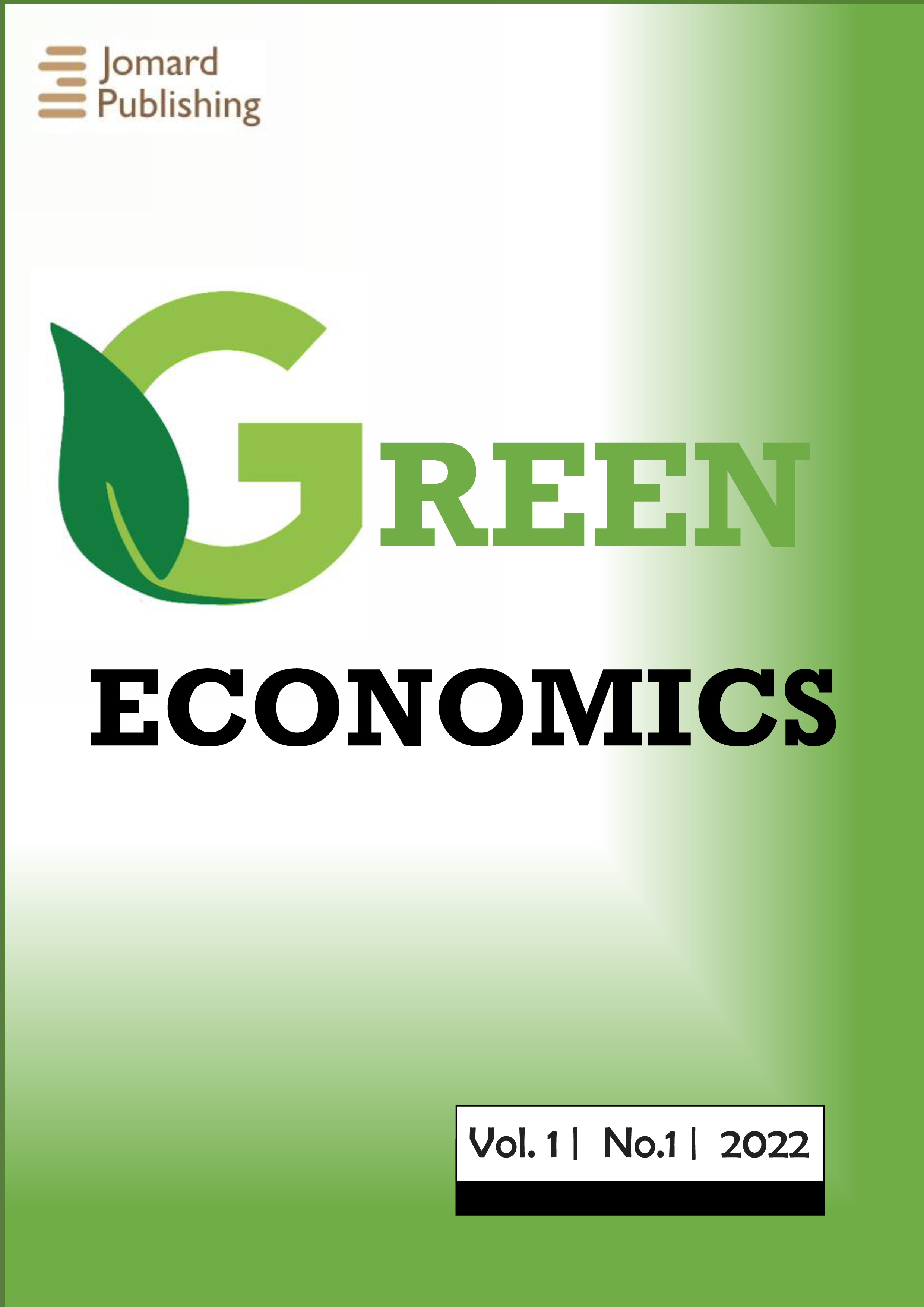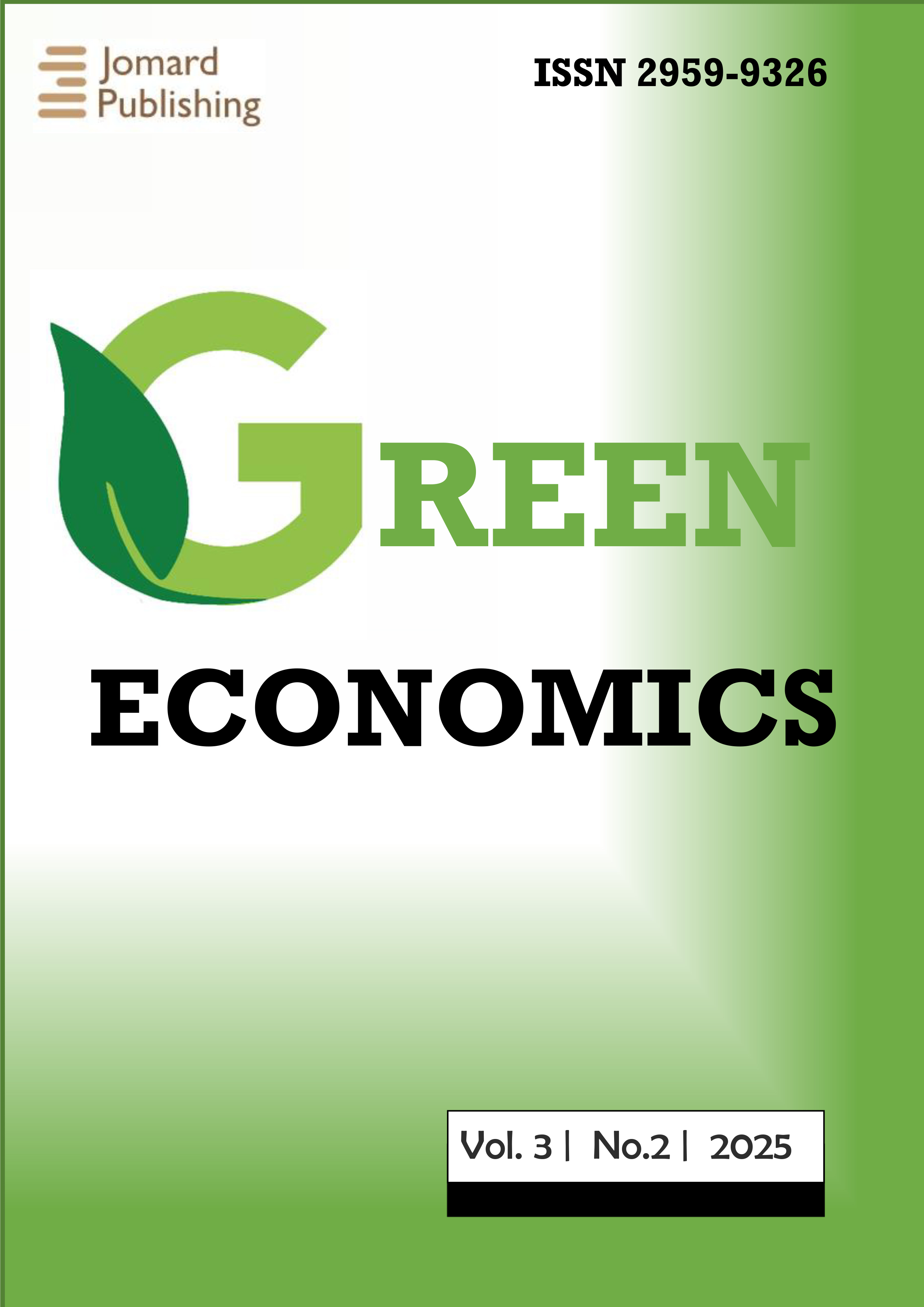Unhealthy Growth? The Nexus Between CO2 Emissions, Income and Obesity in Azerbaijan
- Published: 30-05-2025
Share
This study explores the long-run impact of economic growth and environmental quality on obesity in Azerbaijan, a post-Soviet economy undergoing rapid transformation. Recognizing the multidimensional nature of obesity, the analysis integrates macroeconomic (per capita GDP) and environmental (CO2 emissions) indicators to examine their joint influence on public health. Using annual data from 1991 to 2016, the study employs nonlinear unit root tests (KSS, Sollis, Kruse) to determine integration orders and applies the Augmented ARDL (A-ARDL) approach to account for potential structural breaks. Long-run coefficients are estimated using CCR and FMOLS methods, with diagnostic and stability tests validating model assumptions. Findings confirm a long-run cointegration relationship among the variables. GDP per capita positively affects obesity, while its squared term is negative, indicating an inverted U-shaped pattern. Carbon emissions exert a significant negative impact on obesity. All diagnostic tests affirm the reliability, normality and stability of the estimated model. The results highlight the need for integrated health and environmental policies. Economic development alone may exacerbate obesity unless accompanied by preventive health strategies. Environmental improvements may also coincide with sedentary lifestyles. These insights offer valuable guidance for policymakers in emerging economies facing dual challenges of growth and health transition.
- View 529
- Downloads 79
- Saveds 0
- Citations (Crossref) 0

